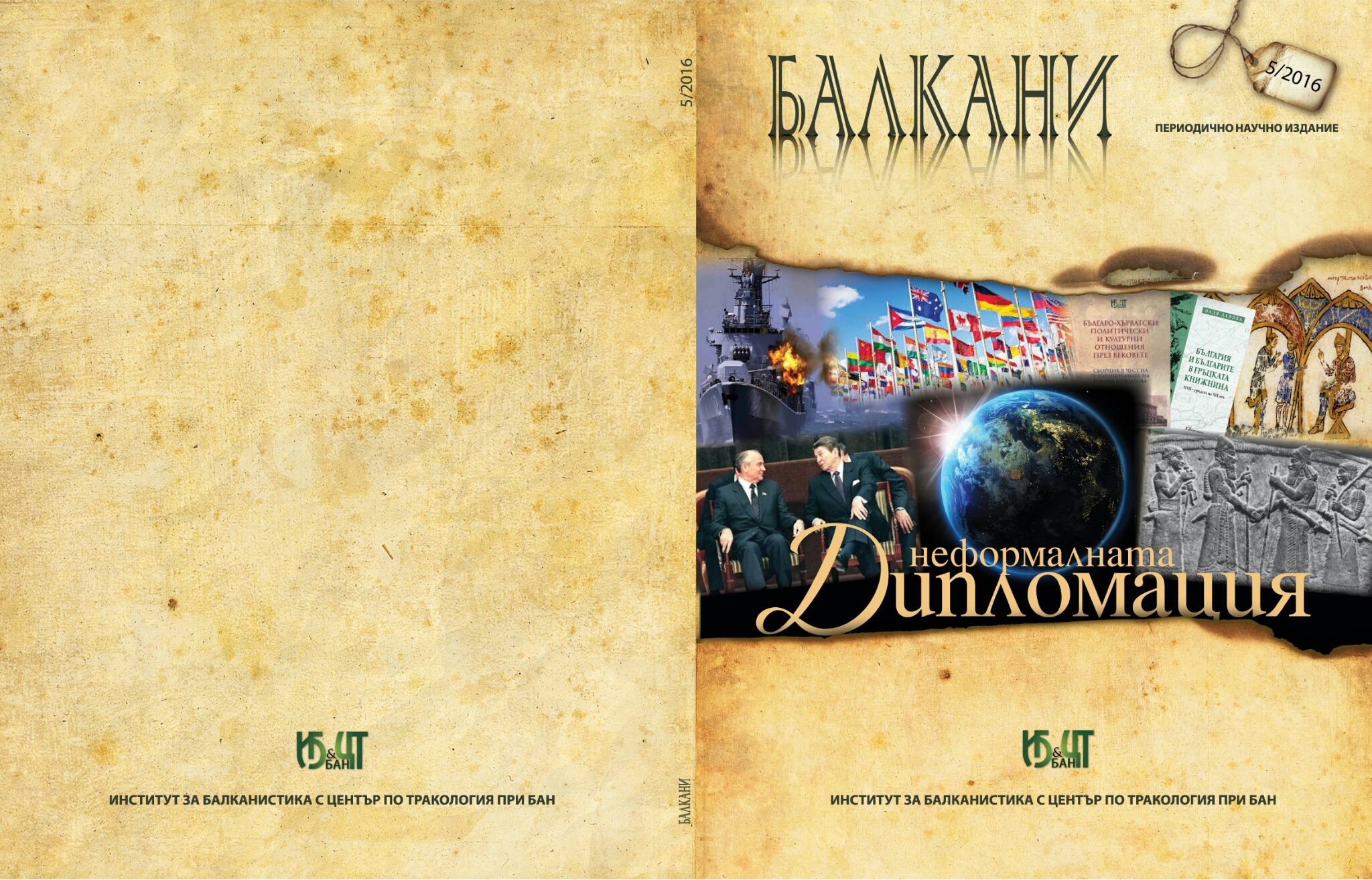PROXENIA. НЕФОРМАЛНИ ФОРМИ НА АНТИЧНАТА ДИПЛОМАЦИЯ ПРЕЗ КЛАСИЧЕСКАТА ЕПОХА
PROXENIA. INFORMAL DIPLOMACY IN ANCIENT CLASSICAL AGE
Subject(s): History, Diplomatic history, Ancient WorldPublished by: Институт за балканистика с Център по тракология - Българска академия на науките
Summary/Abstract: The classical ancient Greek world did not develop a clearly identifiable formal diplomatic apparatus and diplomatic administrative structures, but it created numerous informal forms of diplomatic relations, which generated to a great extent the diplomatic institutions known today. Neither Athens, not any other Greek state developed a regular diplomatic service.This phenomenon resulted from the specific status of the citizens of the city-states and accordingly of the polis system of social organisation. Outside the boundaries of his native city the polis citizen lost his identity and status. Outside the polis he is not a political subject and he needs an intermediary in order to communicate with the foreign political institutions. These specific circumstances generated the need of diplomatic figures that could act as intermediaries (proxenoi, prostates, epimeletai, xenodokoi, etc.) in the process of communicating with the foreign polis institutions, and to assist in every way the foreigners (xenos – “foreigner”, “guest”) in the polis receiving them. However, these diplomatic mechanisms were not regulated at public level by the formal legislation of the respective states, but at the level of informal, private and predominantly personal relations.
Journal: БАЛКАНИ
- Issue Year: 5/2016
- Issue No: 5
- Page Range: 4-13
- Page Count: 10
- Language: Bulgarian

